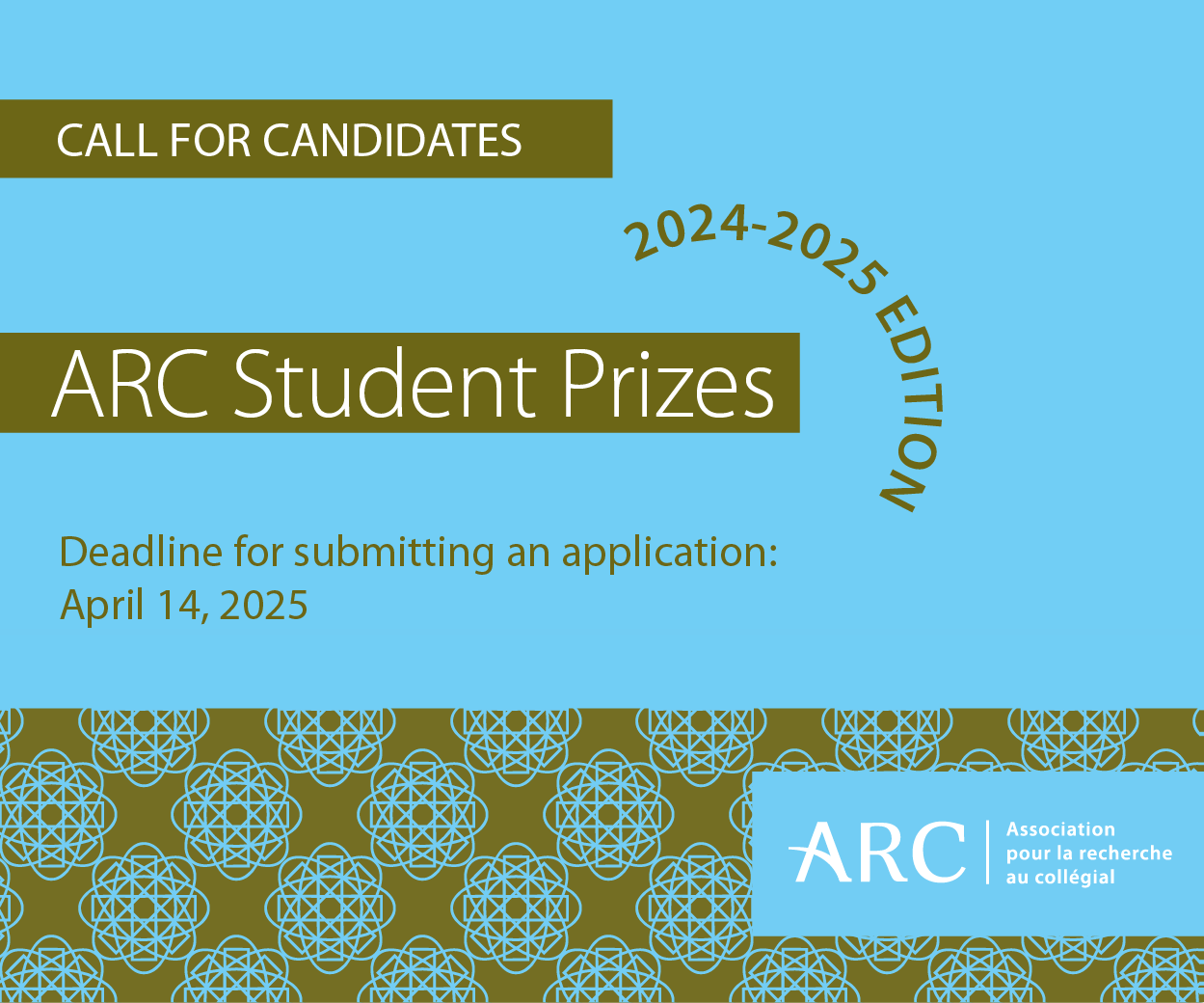"The reason for this course is to advance the process of reconciliation"
As summer 2024 came to a close, the Canadian Medical Association (CMA) acknowledged a damaging irony: For Indigenous patients, Canada's health-care system has a history of harm.
"We have not lived up to the ethical standards the medical profession is expected to uphold to ensure the highest standard of care is provided to patients and trust is fostered in physicians, residents and medical students," said CMA president Dr. Joss Reimer as part of an apology issued on Sept. 18.
"We realize we have left Indigenous Peoples out of that high standard of care."
To help prevent that now and in the future, NAIT's School of Health and Life Sciences introduced "Indigenous Health Perspectives" in fall 2023. The required course is a response to the Truth and Reconciliation Commission's Calls to Action regarding health.
"The reason for this course is to advance the process of reconciliation," says Medical Laboratory Assisting chair Tino Villatoro, who coordinated curriculum development, which involved several groups from across NAIT. "The intent is to have students examine the history, impact and legacy of colonialism on Indigenous health in Canada."
It's also intended to effect change. Knowledge and understanding gained by students is meant to have a direct impact on care, Villatoro adds, helping to "improve the relationship between Indigenous people and the Canadian health-care system.
"And that's why we wanted to roll this out to all the programs in the School of Health and Life Sciences."
Consideration for "cultural dynamics"
As part of its apology, the CMA outlines a history of transgressions, ranging from unethical conduct to utter cruelty. It also notes the persistence of injustice and inequity.
"Medical providers and organizations are ill-informed about the health-related realities and rights of Indigenous Peoples in Canada," it states.
The School of Health and Life Sciences staff organized in preparation for the new course long before the CMA's admission, starting in February 2022. In addition to the Calls to Action, they benefited from being able to collaborate with the staff from the Nîsôhkamâtotân Centre, an on-campus space for Indigenous and non-Indigenous students and staff to gather and share experiences.
"There was already content in various programs and existing material that the Nîsôhkamâtotân Centre had already developed that addressed some of these topics," says Villatoro. But packaging it on its own helped to "align the entire school with the guiding principles and approaches that we wanted to take."
The CMA outlines a history of transgressions, ranging from unethical conduct to utter cruelty.
At the heart of their vision is the recognition of NAIT's responsibility to help students develop relevant skills. "We want to prepare graduates to be successful in their fields," says associate dean Terry Schlitter, who led the project team and helped with development and implementation.
"Health care involves learning about the human body systems, diagnostics and treatments. But there are cultural dynamics that apply when providing patient centred care." Therefore, soft skills such as professionalism and communication are as important as technical abilities.
By the end of Indigenous Health Perspectives, says Villatoro, students should be able to describe the impact of colonialism on Indigenous health care in Canada, understand and honour the role of Indigenous knowledge in healing, and "[know] how to apply these concepts in their practise" throughout careers that will see them serve a diverse group of patients.
The start of a journey
Feedback on the course has been "overwhelmingly positive," says Villatoro. "Students [took] it as something that was important and impactful to their future practice."
In post-course surveys, a large majority of learners agreed or strongly agreed that they gained a new perspective of the impacts of colonialism on health care, as well as an understanding of the importance of practising "intercultural competence," as recommended in Call to Action 23.
The material also stoked a desire to learn more, to the point of eliciting calls for improvements. Students asked for an organized visit to the Nîsôhkamâtotân Centre (which some did on their own), inclusion of even more Indigenous perspectives in the course materials, and more.
For Villatoro, those comments represent an opportunity to continue examining the issue and related course content, and partnering with the Nîsôhkamâtotân Centre on next steps. But he also hopes that those comments are addressed in the years to come by the students themselves, as they enter their fields.
"We knew that this would be an introduction," says Villatoro. "It's not meant to be the last thing that students ever read or explore on this topic, but the start of that journey - or at least help with finding different paths along it."
Indigenous perspectives in business
In response to Truth and Reconciliation Commission Call to Action 92, which recommends that businesses adopt the United Nations Declaration on the Rights of Indigenous Peoples as a reconciliation framework, the JR Shaw School of Business began offering "Indigenous Perspectives in Business" in fall 2024.
The online elective is available to Bachelor of Business Administration (BBA) and Bachelor of Technology in Management students and covers the impacts of colonialism in Canada, a comparison of Eurocentric and Indigenous worldviews, intercultural competence and relationship building, and more. It is also offered to BBA students at Keyano and Portage colleges through collaborative degree programs.
The course was created in consultation with Indigenous business leaders with the hope that grads - many of them likely future leaders themselves - may play a meaningful role in setting and upholding high standards in activities involving Indigenous Peoples, their lands and resources.
This story was originally featured in techlifetoday, click here to read the full article.













